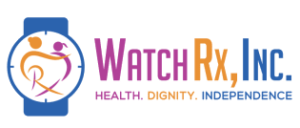 Managing Prelone Withdrawal: Tips for Patients
Managing Prelone Withdrawal: Tips for Patients
Understanding Prelone and Its Effects on the Body
Prelone, a corticosteroid, plays a crucial role in treating conditions like allergies and asthma by reducing inflammation. However, understanding how it interacts with our body is vital. Corticosteroids work by mimicking hormones your adrenal glands produce, which can lead to various bodily responses. As such, long-term usage may affect bone density, immune system response, and even mood swings. It's intriguing yet essential to note that while the drug is highly effective, its effects are noticable only when taken over an extended period. Therefore, grasping its complexities helps patients acommodate better lifestyle and health choices while on or transitioning off Prelone.
| Effect | Description |
|---|---|
| Inflammation Reduction | Minimizes swelling and irritation. |
| Hormone Mimicry | Copies adrenal hormones to regulate body functions. |
Recognizing Symptoms of Prelone Withdrawal

When one begins the journey of discontinuing prelone, it's crucial to be aware of the signs that might emerge as part of the adjustment process. Teh body, having adapted to the presence of this corticosteroid, often signals its absence through a variety of symptoms. Fatigue and joint pain can be among the first indicators. As your body strives to recalibrate, you might also experiance nausea and dizziness. Internally, feelings of depression or anxiety can become noticable, as the adrenal glands work to regain normal function. Understanding these warning signs helps patients manage their well-being as they transition away from prelone, ensuring they seek timely guidance and support.
Lifestyle Adjustments to Ease Withdrawal Symptoms
Prelone can be demanding on your body, and easing its withdrawal symptoms requires thoughtful lifestyle changes. Begining an excercise routine can help alleviate some physical discomfort by boosting endorphins and enhancing mood, creating a sense of balance in this challenging time. Engage in relaxing activities such as yoga or meditation to reduce tension and encourage Overall well-being. Ensure you have a support network, friends or family, to share your journey with. Their encouragement may offer the necessary strength to persevere. Lastly, maintaining a consistent sleep schedule contributes significantly to managing mood swings and fatigue.
Nutritional Changes to Support Recovery

In the journey to ease off Prelone, one’s nutritional intake plays a pivotal role. Firstly, it's important to prioritize a balanced diet teeming with vitamins and minerals, as these nutrients can help counteract deficiencies that may arise during withdrawal. Fresh fruits and vegetables are not only loaded with essential nutrients but are also high in fiber, which can assist digestion—a common issue some patients encounter.
Including lean proteins such as chicken, fish, and legumes can support muscle mass maintenance and overall energy levels. Incorporating omega-3 fatty acids, found in foods like salmon and chia seeds, may help reduce inflammation and promote mental health stability.
Staying adequately hydrated is crucial for flushing toxins out of the body. Patients are often encouraged to drink sufficient water throughout the day, aiming for an optimal balance.
Lastly, while cravings for high-sugar foods might occur, maintaining blood sugar levels by opting for whole grains over processed carbs can prevent energy crashes. Keeping a nutritionally supportive regime can certainly play a big role in smoothing the transition away from Prelone.
Emotional Strategies to Handle Withdrawal Challenges
Navigating Prelone withdrawal can be daunting, yet focusing on emotional resilience is key. Begin by fostering a support system. Loved ones, friends, or support groups can provide a sense of community that eases emotional strain. Share your journey to make the path less isolating. To counter negative feelings, engage in expressive activities like journaling or art, wich can be therapeutic. It's important to embrace mindfulness practices such as meditation or deep breathing exercises. These can help manage stress and create a calming enviroment. Balance is crucial; thus, a structured daily routine may provide stability amidst upheaval, aiding in emotional adaptation.
| Emotion | Strategy |
|---|---|
| Isolation | Build a support network |
| Stress | Practice mindfulness |
| Instability | Establish a routine |
Consulting Healthcare Professionals for Personalized Advice
When faced with the intricate journey of managing Prelone withdrawal, consulting healthcare professionals is a pivotal step. These experts can provide insights tailored to your unique needs, helping to ease the transition smoothly. It's essential to communicate openly about your symptoms and concerns, enabling a personalized withdrawal plan. Achieving a safe and supportive environment during this time can be crucial for success. Begining a conversation with your doctor will help you navigate any challenges more effectively.
Reaching out for tailored advice can not only address physical symptoms, but also offer emotional reassurance during this vulnerable period. Your healthcare provider can recommend lifestyle modifications and therapeutic strategies that particularly suit your situation. This approach ensures you receive comprehensive care, reducing the risk of complications associated with withdrawal. Remember that your path to recovery does not have to be traveled alone—professional guidance can make all the difference.
Moreover, expert advice can help in optimizing your nutritional intake and activity level, which are often critical components in managing withdrawal effects. Consistent follow-up consultations can adjust your management plan to accommodate any changing needs or symptoms, ensuring ongoing support throughout your journey. Relying on indepndant advice from qualified professionals leads to a more effective and less stressful experience. Explore additional insights at NCBI and MedlinePlus.

